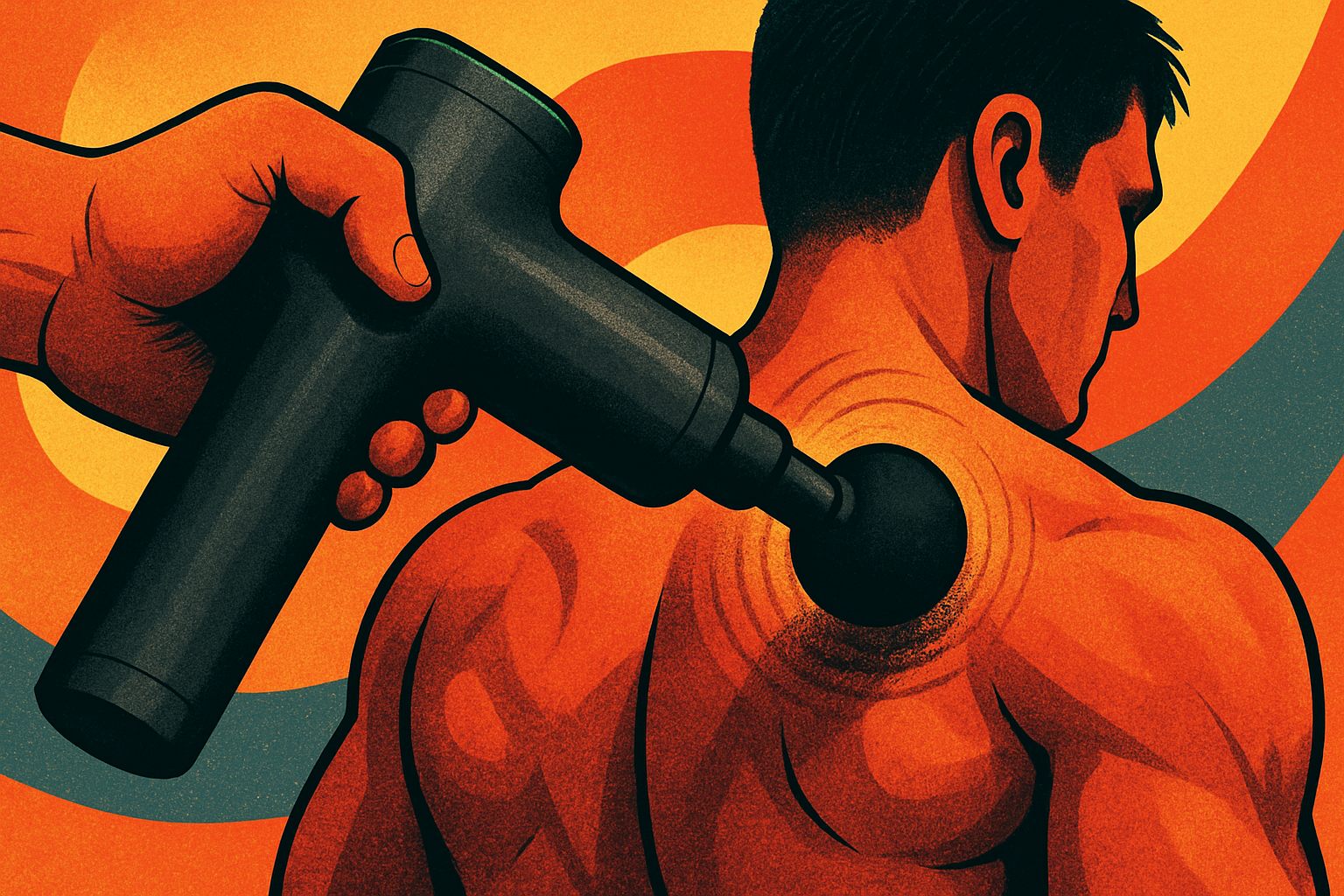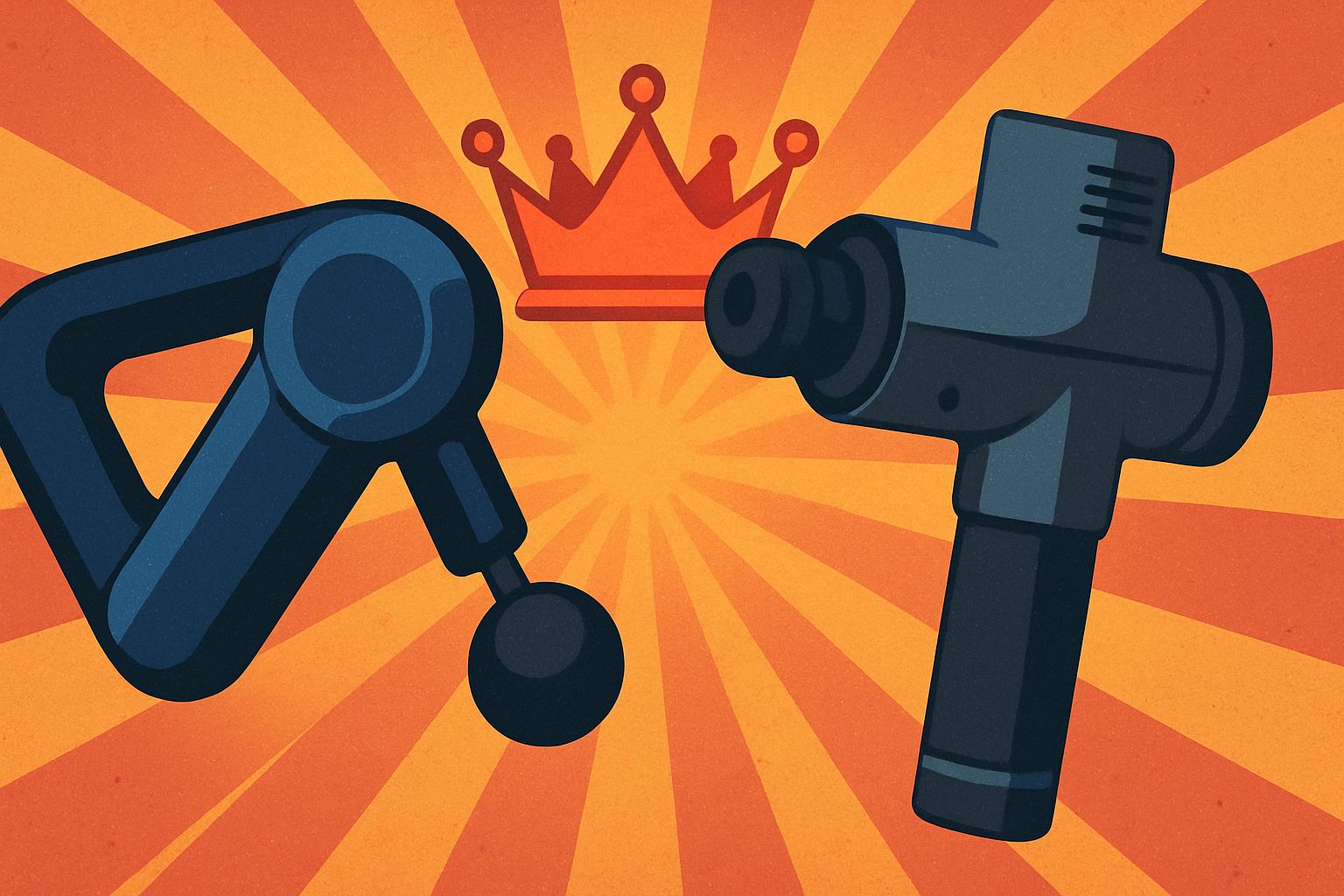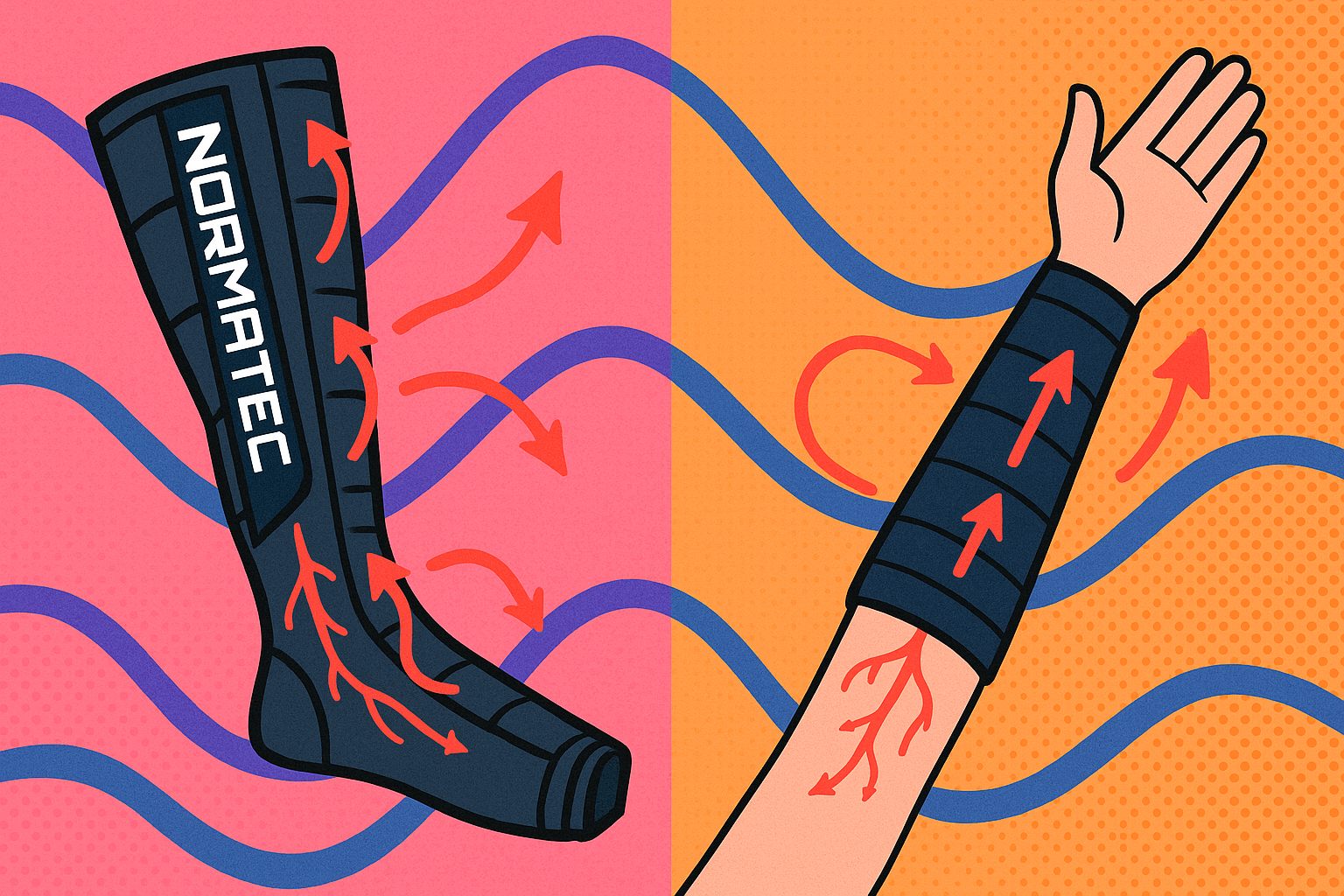The Smart Sleep Tracker Showdown: Oura Ring vs. Whoop vs. Fitbit
In the modern world, sleep is more important than ever. Between the demands of work, fitness, and life, getting quality rest has become a priority for many. But how do you know if you’re actually getting the sleep your body needs? Enter smart sleep trackers: devices designed to monitor and improve sleep quality with the help of cutting-edge technology. In this showdown, we’ll compare three of the most popular sleep tracking devices—Oura Ring, Whoop, and Fitbit—to help you choose the right tool to take your sleep to the next level.
Oura Ring: Sleek Design, Powerful Insights
The Oura Ring has revolutionized the way we think about sleep tracking. Unlike other fitness trackers that are worn on the wrist, Oura’s unique design as a ring sets it apart, offering an unobtrusive and stylish way to monitor sleep. Its discreet nature makes it perfect for those who want to track their sleep without wearing a bulky device. But beyond its design, the Oura Ring is a powerhouse when it comes to delivering detailed sleep insights.
Oura tracks your sleep stages—light, deep, and REM—and provides a comprehensive look at your overall sleep health. It takes into account various factors like body temperature, heart rate, respiratory rate, and movement to give a precise picture of your nightly rest. One of the standout features of the Oura Ring is its Readiness Score, which not only reflects how well you slept but also how ready your body is for physical activity the next day. This score takes into account factors like sleep duration, recovery, and how well your body has recovered from previous workouts, giving you an overall idea of how your body is feeling.
Another notable feature is its Sleep Score, which combines all your sleep data into one easily digestible number. Oura also provides a daily activity goal, which is tailored to your individual health and fitness levels. The app’s user interface is intuitive and easy to navigate, providing you with personalized recommendations based on your data, such as when to exercise, when to rest, and how to improve your sleep quality.
What truly sets Oura apart, however, is its focus on recovery. While many other trackers are more fitness-oriented, Oura provides a holistic approach to health, emphasizing the importance of rest and recovery in achieving your fitness goals. Its advanced sleep tracking combined with the ability to assess your overall readiness for the day makes it an ideal choice for those looking to optimize both their workouts and sleep cycles.
Whoop: Performance-Oriented Sleep Tracking
Whoop has quickly become a favorite among athletes and fitness enthusiasts due to its deep focus on performance and recovery. Unlike other trackers, Whoop offers a subscription-based model, where you pay for access to the data and insights rather than just buying the device upfront. This subscription model means you get access to continuous updates, improved data analysis, and a wealth of real-time insights.
The Whoop Strap doesn’t just track sleep—it actively monitors your recovery and strain levels throughout the day. Similar to the Oura Ring, Whoop gives you a Recovery Score based on several factors like heart rate variability (HRV), resting heart rate (RHR), and sleep quality. This score gives you a clear picture of how well your body is prepared to handle the physical stress of your day, from exercise to other physical activities.
Whoop stands out in the world of sleep tracking with its Sleep Coach feature. This feature provides personalized recommendations on how much sleep you should get each night based on your body’s current recovery needs. Whether you’re pushing yourself during an intense training cycle or coming off a rest period, Whoop adjusts its suggestions to fit your unique recovery profile, making it an excellent choice for athletes who need to balance intense physical exertion with proper rest.
Whoop’s sleep tracking is also advanced and comprehensive, monitoring key sleep metrics such as total sleep duration, sleep cycles, disturbances, and sleep consistency. It doesn’t just give you a breakdown of your light, deep, and REM sleep; it also provides insights into how well you’re recovering from previous exertions and how this impacts your ability to train the next day. The insights provided by Whoop are crucial for athletes who want to maximize their training while minimizing the risk of overtraining or injury.
One downside to Whoop, however, is its lack of a display. Unlike the Oura Ring or Fitbit, Whoop is worn as a strap and does not have a screen. This means all your data is accessed via the mobile app, which some users might find inconvenient compared to the real-time data display available on other trackers.
Fitbit: A Familiar Name with Comprehensive Sleep Tracking
Fitbit is arguably the most well-known name in the fitness tracking world, and it continues to offer one of the most comprehensive sleep tracking systems available. While Fitbit has evolved significantly over the years, its focus on user-friendly design and detailed sleep tracking has remained consistent. Whether you’re an athlete or someone simply trying to improve your overall health, Fitbit offers a variety of trackers to suit different needs and preferences.
Fitbit’s sleep tracking is powered by its Sleep Score, a metric that combines various data points—including heart rate, movement, and sleep stages—to give you an overall assessment of how well you slept. Fitbit tracks light, deep, and REM sleep, providing you with a detailed breakdown of your sleep cycles and how much time you spent in each stage. The app also provides sleep insights that give recommendations for improving sleep quality, such as the optimal time to go to bed, the right temperature for sleep, and tips for reducing disturbances.
One of Fitbit’s standout features is its ability to automatically detect sleep. Whether you’re lying down for a nap or going to bed for the night, the tracker automatically starts monitoring your sleep, so you don’t have to worry about manually setting it. Fitbit also integrates with a smart alarm feature that gently vibrates to wake you up at the ideal point in your sleep cycle, helping you feel more refreshed when you wake up.
Fitbit’s sleep tracking is often praised for its accuracy, with users reporting consistent data that aligns with the feeling of restorative sleep. Its long battery life, combined with the wide variety of devices available, makes it an excellent option for those who want reliable sleep tracking without constantly needing to charge their device. Fitbit also offers additional features like activity tracking, heart rate monitoring, and step counting, making it a well-rounded option for those looking for a fitness tracker that also covers sleep.
While Fitbit offers solid sleep tracking features, it doesn’t go as in-depth as Oura or Whoop when it comes to recovery-focused insights. However, for those looking for an easy-to-use device with a wealth of tracking features, Fitbit continues to be a reliable choice.
The Head-to-Head Comparison: Which Tracker is Right for You?
Now that we’ve broken down each device’s features, it’s time to compare them side by side. Each tracker has its strengths and is suited for different needs.
Design and Comfort: Which Tracker is the Easiest to Wear?
When it comes to design, Oura Ring definitely stands out. Its small, discreet form makes it easy to wear at all times, and it doesn’t interfere with your daily activities or sleep. If you prefer something that won’t feel bulky or uncomfortable during sleep, the Oura Ring is a top contender.
Fitbit, on the other hand, offers a variety of bands and trackers, allowing users to choose a design that suits their style and comfort preferences. Its wrist-based trackers may be more noticeable during sleep, but they are still comfortable enough for most people to wear overnight.
Whoop’s strap is lightweight and breathable, but it lacks the display, which can be a dealbreaker for users who prefer to see real-time data. It’s a great option for athletes who need deep insights into recovery but may not be as comfortable or discreet as the Oura Ring.
Data and Insights: The Depth of Sleep Tracking
Oura Ring takes the lead when it comes to detailed sleep tracking. With its ability to track multiple metrics and provide insights into readiness and recovery, Oura offers a more holistic approach to sleep and overall health. Its focus on recovery, coupled with its accurate sleep stage tracking, makes it ideal for those looking to optimize their performance.
Whoop, on the other hand, provides advanced sleep tracking and a deep focus on recovery, making it the go-to option for athletes who need personalized data on how sleep affects their performance. While it lacks a display, the insights it provides can help you push your limits without overtraining.
Fitbit strikes a good balance between sleep tracking and fitness tracking, offering a Sleep Score based on heart rate, sleep stages, and movement. While its insights may not be as in-depth as Oura’s, Fitbit is perfect for those who want reliable sleep tracking along with activity and fitness monitoring.
Price and Value for Money
In terms of cost, Fitbit is the most affordable option, offering a variety of trackers at different price points. If you’re looking for a budget-friendly device that provides solid sleep tracking along with fitness features, Fitbit is a great choice.
Oura is more expensive than Fitbit, but it offers a unique and high-quality sleep tracking experience. If you’re willing to invest in a premium tracker that focuses specifically on sleep and recovery, the Oura Ring is worth considering.
Whoop comes with a subscription-based model, which might be a turnoff for some. However, if you’re an athlete or someone who needs constant feedback on recovery, the subscription offers continuous updates and access to deeper insights.
The Final Verdict: Which Tracker Reigns Supreme?
Ultimately, the best smart sleep tracker depends on your specific needs. If you’re an athlete seeking in-depth recovery insights and performance tracking, Whoop is the clear winner. It offers detailed data on recovery and sleep that can help you fine-tune your training schedule and avoid overtraining.
For those looking for a discreet, stylish tracker that emphasizes sleep and recovery, the Oura Ring is a top contender. It provides the most comprehensive sleep tracking and offers valuable insights into your readiness for the day, making it ideal for anyone focused on optimizing both rest and performance.
Fitbit is the best option for those looking for a reliable, budget-friendly tracker that offers solid sleep monitoring and additional fitness features. It’s perfect for everyday users who want to track their sleep and activity without breaking the bank.
Each device offers unique benefits, so consider your goals, preferences, and budget before making your choice. Whether you’re after cutting-edge sleep insights, performance data, or a simple and affordable tracker, there’s a smart sleep tracker out there for everyone.



